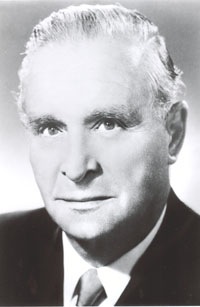
“A truly awakened person is one who freely gives light, life, wisdom, knowledge, encouragement, and the outstretched hand to all with whom he comes into contact….the Divine shines out in him, awakening the aspiration to enlightenment in all those who are able to perceive it.”
–Geoffrey Hodson (English-born New Zealand Theosophist, Mystic, Teacher and Author, 1886-1983)

“The Call to the Heights: Guidance on the Pathway to Self-Illumination (Quest Book)” (Geoffrey Hodson)
Anyone who has ever had a mystical experience or even a profound “peak” experience, even if it only lasted for a a few seconds, is utterly changed by it.
We are going to have a few things to say about the clear differences between mystical and psychotic experiences, but I just came across this piece in this book by Ken Wilber:
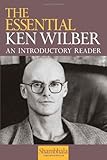
“The Essential Ken Wilber: An Introductory Reader.” (Ken Wilber) I admire Ken’s work greatly. Even when I don’t agree with him!
“Direct experience decisively answers the nagging questions inherent in faith. There are usually two phases of direct experience; peak experiences and plateau experiences.
Peak experiences are relatively brief, usually intense, often unbidden, and frequently life-changing. They are actually “peak experiences” into the transpersonal, supramental levels of one’s own higher potentials.
Psychic peak experiences are a glimpse into nature mysticism (gross-level oneness); subtle peak experiences are a glimpse into deity mysticism (subtle-level oneness); casual peak experiences are a glimpse into emptiness (casual-level oneness); and nondual peak experiences are a glimpse into One Taste. As Roger Walsh has pointed out, the higher the level of the peak experience, the rarer it is. . . .
Whereas peak experiences are usually of brief duration—a few minutes to a few hours—plateau experiences are more constant and enduring, verging on becoming a permanent adaptation. Whereas peak experiences can, and usually do, come spontaneously, in order to sustain them and turn them from a peak into a plateau—from a brief altered state into a more enduring trait—prolonged practice is required. Whereas almost anybody, at any time, at any age, can have a brief peak experience, I know of few bona fide cases of plateau experiences that did not involve years of sustained spiritual practice.”
Ken Wilber (American Philosopher, 1949-)
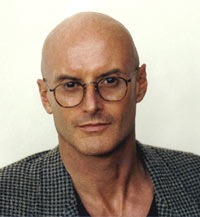
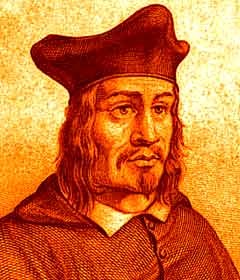
“No dust mote is so poor, no dot is so small, but the wise person sees God in it in his glory. – In a mustard seed, if you can understand it, is the image of all higher and lower things.”
–Angelus Silesius (German Mystic and Poet, 1624-1677)

“Angelus Silesius: The Cherubinic Wanderer (Classics of Western Spirituality)” (Maria Shrady, Josef Schmidt, E. J. Furchaby)
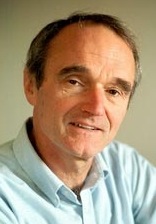
“The universe quietly reveals its unity. God is polite, knocking only gently. We have to listen carefully if we are to hear the report.”
–Gerald L. Schroeder (American Orthodox Jewish Physicist, Author and Lecturer, 1938-)

“The Hidden Face of God: Science Reveals the Ultimate Truth” (Gerald L. Schroeder)
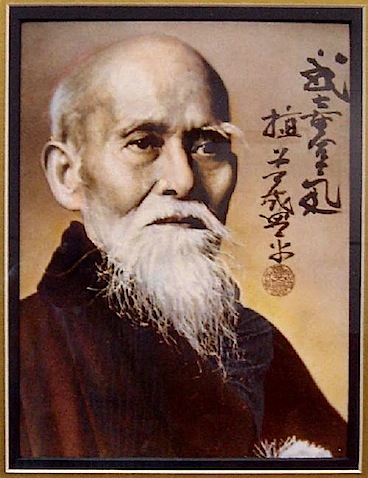
This advice is not just for martial artists: keeping a stable serene center is one of the most important skills that any of us can learn.
“Move like a beam of light: fly like lightning, strike like thunder, whirl in circles around a stable center.”
–Morihei Ueshiba (Japanese Martial Artist and Founder of Aikido, 1883-1969)
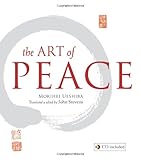
“The Art of Peace” (Morihei Ueshiba)
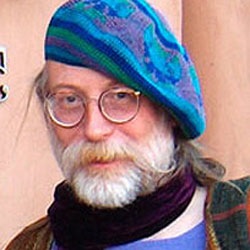
“There are millions of interlocking and interdependent communication patterns among all the physical forms of the Earth, and with training human beings can perceive and understand those patterns of communication. It is part of our species’ purpose to do so.”
–Stephen Harrod Buhner (American Poet, Writer, Ecologist and Psychotherapist, 1952-)
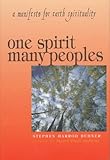
“One Spirit, Many Peoples: A Manifesto for Earth Spirituality” (Stephen Harrod Buhner)

“All [masters] live today even as they did then, in the days of what you call your past. And all the masters and all the messengers – Buddha, Abraham, Baha’u’liah, Jesus, Krishna, Moses, Muhammad, and all the others – love you today as they did then, and invite you today as they did then to accept and embrace the wonder and the glory of Who You Are.”
–Neale Donald Walsch (American Writer, 1943-)

“Tomorrow’s God : Our Greatest Spiritual Challenge” (Neale Donald Walsch)
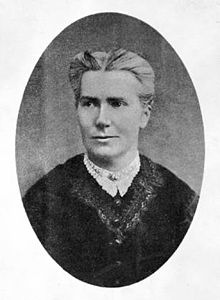
“Every advance in social progress removes us more and more from the guidance of instinct, obliging us to depend upon reason for the assurance that our habits are really agreeable to the laws of health.”
–Emily Blackwell (English-born American Physician, and the Third Woman to obtain a Medical Degree in the United States, 1826-1910)
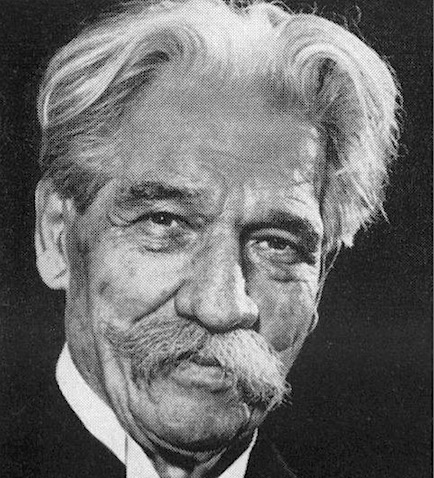
“The highest knowledge is to know that we are surrounded by mystery. Neither knowledge nor hope for the future can be the pivot of our life or determine its direction. It is intended to be solely determined by our allowing ourselves to be gripped by the ethical God, who reveals Himself in us, and by our yielding our will to His.”
–Albert Schweitzer (Alsatian-born Theologian, Philosopher, Mission Doctor and, in 1952, Winner of the Nobel Peace Prize, 1875-1965)

“Trying to do good to people without God’s help is no easier than making the sun shine at midnight. You discover that you’ve got to abandon all your own preferences, your own bright ideas, and guide souls along the road our Lord has marked out for them. You mustn’t coerce them into some path of your own choosing.”
–Saint Theresa of Lisieux (French Carmelite Nun and Saint, who died of tuberculosis when only 24 years old, 1873-1897)
« Previous Page — Next Page »























